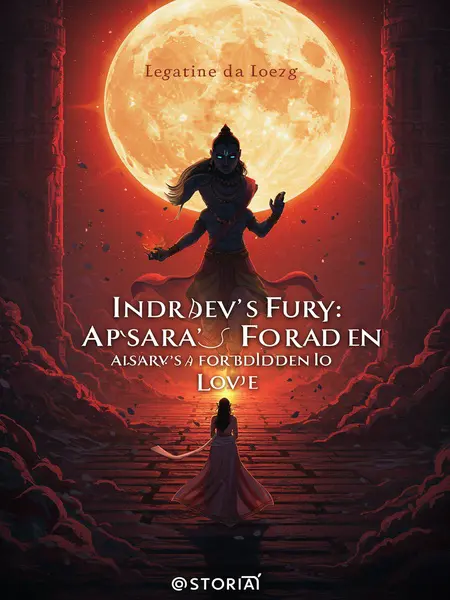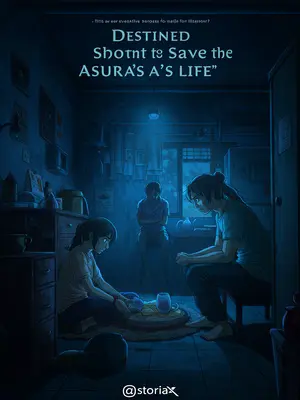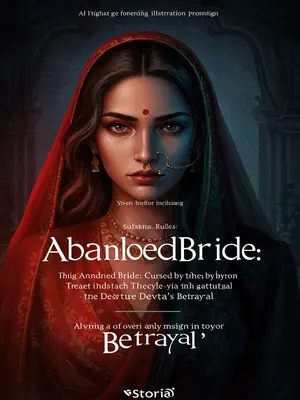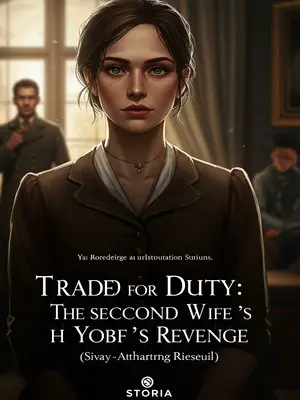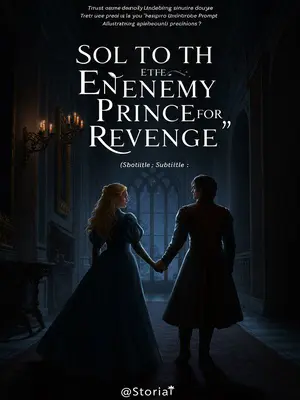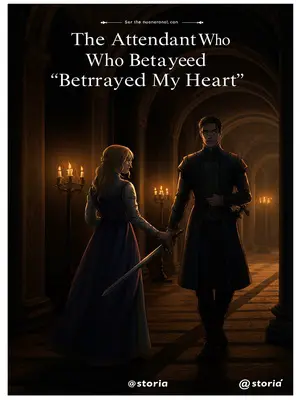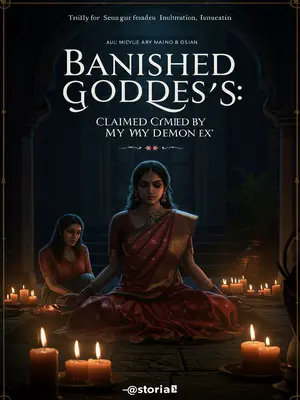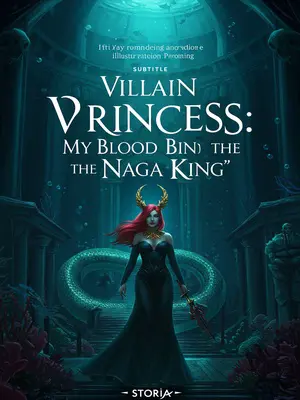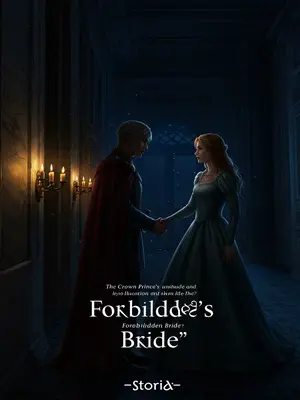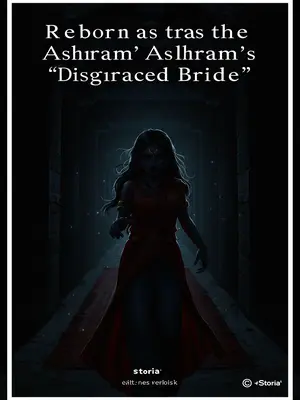Chapter 2: The Fate of Ananya and Divine Intrigue
Every movement I made embodied the true essence of Dharma. Mantras flowed beneath my feet, each step stirring up boundless power. Nagas and garudas circled, divine music echoed faintly.
The echo of Sanskrit shlokas seemed to vibrate from the very walls, ancient and powerful. The fragrance of incense thickened; petals from the mandap ceiling fluttered down like blessings—or perhaps omens.
The Buddha’s sixteen-foot golden form was already legendary, but behind me, a ten-thousand-yojana divine form manifested. Its eyes lowered, sun, moon, and stars swirling in its pupils.
It was as if the entire cosmos had gathered to bear witness. Even in the tales my grandmother told during power cuts, she never described Indra Dev’s might so vividly. Every being in Swarglok fell silent, the gravity of the moment pressing down like the humid summer before a thunderstorm.
All the devas and rishis were petrified. This was the true might of Indra Dev.
Ananya struggled to her feet and shielded the scholar behind her.
She looked like a wounded tigress, fierce yet desperate, the hem of her sari torn, but her eyes blazing with resolve. Even the smallest flicker of hope was a battle worth fighting for.
The scholar, emboldened, shouted, "Are you going to bully the weak? Aren’t you afraid of being mocked by all beings?"
His voice trembled at first, but found strength in the echo of the mandap. In another life, perhaps he would have led a protest in Jantar Mantar, shouting slogans against power. Here, his words hung in the air, brave but futile.
I stopped, restraining myself from punishing him on the spot.
I didn’t get it. In the mortal world, a scholar would cower before even a tehsildar. Where did he get the guts to challenge Indra Dev? Was it sheer ignorance?
There’s always one fellow in every group who mistakes idealism for immunity. The sort who thinks reciting a poem on injustice will change the world. But this was Swarglok, not some student parliament.
"Indra Dev, we truly love each other! Do you really have the heart to tear us apart as husband and wife?" Ananya pleaded, her face full of misery, her hands trembling, still trying to guilt-trip me.
Her voice cracked on the word ‘love’, and for a moment, I remembered the soap operas that play endlessly in waiting rooms—the same mixture of hope and helplessness.
I asked, half-amused, "Truly love each other? How much do you love?"
The two exchanged a look and declared in unison, "I wish to be with you, so our love will never fade. When mountains crumble, rivers run dry, the Ganga flows backwards, and the sun rises in the west—only then will I leave you."
The Sabha Mandap filled with the soft gasp of listeners, everyone recognising the melodrama of those words. In every corner of India, lovers have promised as much—some in hushed whispers behind college walls, others in filmy declarations at railway stations.
"Beautiful words."
I couldn’t help but give a thumbs up, deciding to grant their wish.
Those lines might have moved the original Indra Dev, but my heart was sealed in concrete—unmoved.
In the next instant, I pointed at Ananya.
A surge of pure life force was ripped from her.
The air around her shimmered, as if reality itself protested. The mandap was filled with a strange, mournful wind, like the sigh of an ancient banyan tree losing its last leaf.
"Ah—!"
Ananya screamed in agony.
Her cry echoed off the golden pillars, making even the fiercest gandharvas wince. It was the kind of pain that made even stone-hearted rishis look away, pretending to examine the patterns on the floor.
"Ananya!" the scholar cried out in terror.
He lunged forward, arms outstretched, as if sheer willpower could save her. But the laws of Swarglok were not to be bent by mortal hands.
Soon, Ananya could no longer hold her human form and reverted to a simple blade of grass. A faint, sweet scent of earth rose as she shrank, the kind you smell after the first rain in June.
There she lay, fragile and green, a tiny symbol of lost hope in a world of grandeur. Somewhere, a tear rolled down the scholar’s cheek, mingling with the dust of the Sabha Mandap.
"Hey Bhagwan! Is there really no place in this world for two people who love each other? Why must you torment us so?" the scholar wailed to the sky.
His cry rang out like the lament of every star-crossed lover, from Heer-Ranjha to Laila-Majnu, echoing through the ages. But here, his pleas were swallowed by the vastness of the divine hall, falling on ears that had heard it all before.
Too bad for him—I was the Heaven he was pleading to.
The heavenly rules never forbade devas from falling in love. There are plenty of divine couples in Swarglok. Many Devas even have Devis. The rules only say that devas cannot fall in love with mortals. In short: no crossing between realms. Otherwise, disaster will follow. If you meet a love rival, a single thought could destroy you. Mortals always lose.
It was like the old stories my nani used to tell, sitting in the verandah during power cuts—love across worlds never ends well, beta. The rules aren’t written to be cruel; they’re warnings, written in the blood and tears of those who tried before.
"Take her, and return to the mortal world. Remember your vow. Cherish her for the rest of your life."
My tone allowed no argument.
It was the final word, the way an elder settles a dispute at a panchayat meeting—no room for protest, only acceptance. The Sabha Mandap watched in silence, knowing this too was Dharma, whether or not it felt just.
The scholar wanted to protest, but unfortunately for him, I wasn’t a character in some sappy fantasy romance serial. I had no patience for his nonsense.
Once the scholar returned to the mortal world, I drew a ring of light in the Sabha Mandap, broadcasting the scholar’s later life for all to see.
The golden ring shimmered in the air, a divine screen playing out the scenes of his future. The devas leaned forward, some out of curiosity, others out of a desire to see justice served. Even the gandharvas paused their veena-playing, eager for a glimpse.
A day in Swarglok is a year on Earth. Time in the lower world passed quickly.
At first, the scholar tried everything—seeking out pandits and sadhus to save Ananya. But mortals had no way. Later, he found Ananya’s best friend, the female lead of this serial. She agreed to help him steal divine medicine. The scholar was ecstatic.
It was like a scene straight out of a daily soap—tears, drama, and secret plans hatched in temple courtyards. The best friend, with her determined eyes and flying dupatta, was the perfect heroine for such a plot. Somewhere, I could hear the background score building up, promising a storm of emotions.
I raised my eyebrows. Well, well—no wonder she’s the protagonist. With that main character aura, she’s not going down easily.
Three days later, Swarglok would host the Pushp Mahotsav. All the great devas and devis would attend, including Lakshmi Mata. The female lead planned to use the opportunity to steal divine medicine from Lakshmi Mata’s palace.
In Lakshmi Mata’s palace, maids strung garlands of jasmine and marigold, their laughter echoing down marble corridors. In every Indian family, festivals are the perfect backdrop for high drama. Whether it’s a wedding, a pooja, or a Pushp Mahotsav, secrets always surface, and destinies are changed. The echoes of conch shells and dhols mingled in the vision, as Swarglok prepared for the grand festival.
Three days. It sounded close, but for the scholar, that meant waiting three years.
Every passing day etched lines of longing and desperation into his face. Each year, he counted the days by marking notches on his wooden bed, a habit picked up from his father, who once waited years for his own dreams to bear fruit.
I laughed. Does a poor scholar really fall in love with an apsara? He just wants her beauty, but insists on acting all tragic and deep.
Maybe, in the end, every love story needs a little tragedy. Maybe that’s why people watch these serials, hoping that love will somehow win, despite the odds stacked higher than the Himalayas.
But as the vision faded, a shadow flickered in the golden ring—someone was watching from the darkness, unseen.
……
Boom—
A deafening explosion shook Swarglok.
It was not just any explosion; it was the kind that made every divine chariot rattle, the kind that would make even the bravest warriors in Mahabharata pause their battle and look up.
"Report!"
"Maharaj, there’s a brawl in the Third Lok!"
The divine guards rushed in.
"The young Yuvraj of the Third Lok, after a hundred years of wandering in the mortal world, brought back a rakshasi and made her his consort. Just now, his consort and his main wife got into a fight—they’re threatening to drag the entire divine world down with them!"
They reported breathlessly, one after another.
Their uniforms were askew, turbans barely hanging on, as if they’d run all the way from the battlefield. Their voices quivered, a strange mix of fear and excitement—as if they couldn’t wait to see what would happen next.
"So dramatic?" I was honestly speechless at these devas. At the drop of a hat, they want to destroy the Three Worlds and drag all beings into their mess.
The whole Sabha Mandap seemed to sigh collectively. Maybe, after all, divine beings are not so different from humans—fights, jealousies, and endless drama, no matter how high you climb.
Seriously, what did the Three Worlds ever do to you?
There are family feuds in the mortal world—change the setting, and the drama continues in the divine realm. It’s absurd.
It reminded me of the neighbourhood WhatsApp group—petty squabbles blown out of proportion, everyone convinced they’re the wronged party, and someone always threatening to call the MLA.
Still, I do love watching a good catfight.
But most importantly, I had to uphold the dignity of Swarglok.
The pride of the divine world wasn’t just about power, but about setting an example. If even the gods lost control, what hope did mortals have?
Lower world training, huh? More like going down to pick up women. If this is allowed, why bother with Swarglok at all? If everyone wants a woman, just sneak her in. Devas live for thousands or tens of thousands of years—soon enough, the whole divine world will be full of entitled second-generation devas who never strive for anything.
It was the same problem our country faces—everyone wants shortcuts, nobody wants to earn their place. In the end, even heaven can be corrupted by privilege and desire.
Meanwhile, mortals struggle for a thousand years just to reach Swarg, and they can’t even compete with these bluebloods?
Absolutely not.
Yuvraj Chetan must be severely punished.
And as thunder rolled across the heavens, I realised—Swarglok’s real drama was only just beginning.
